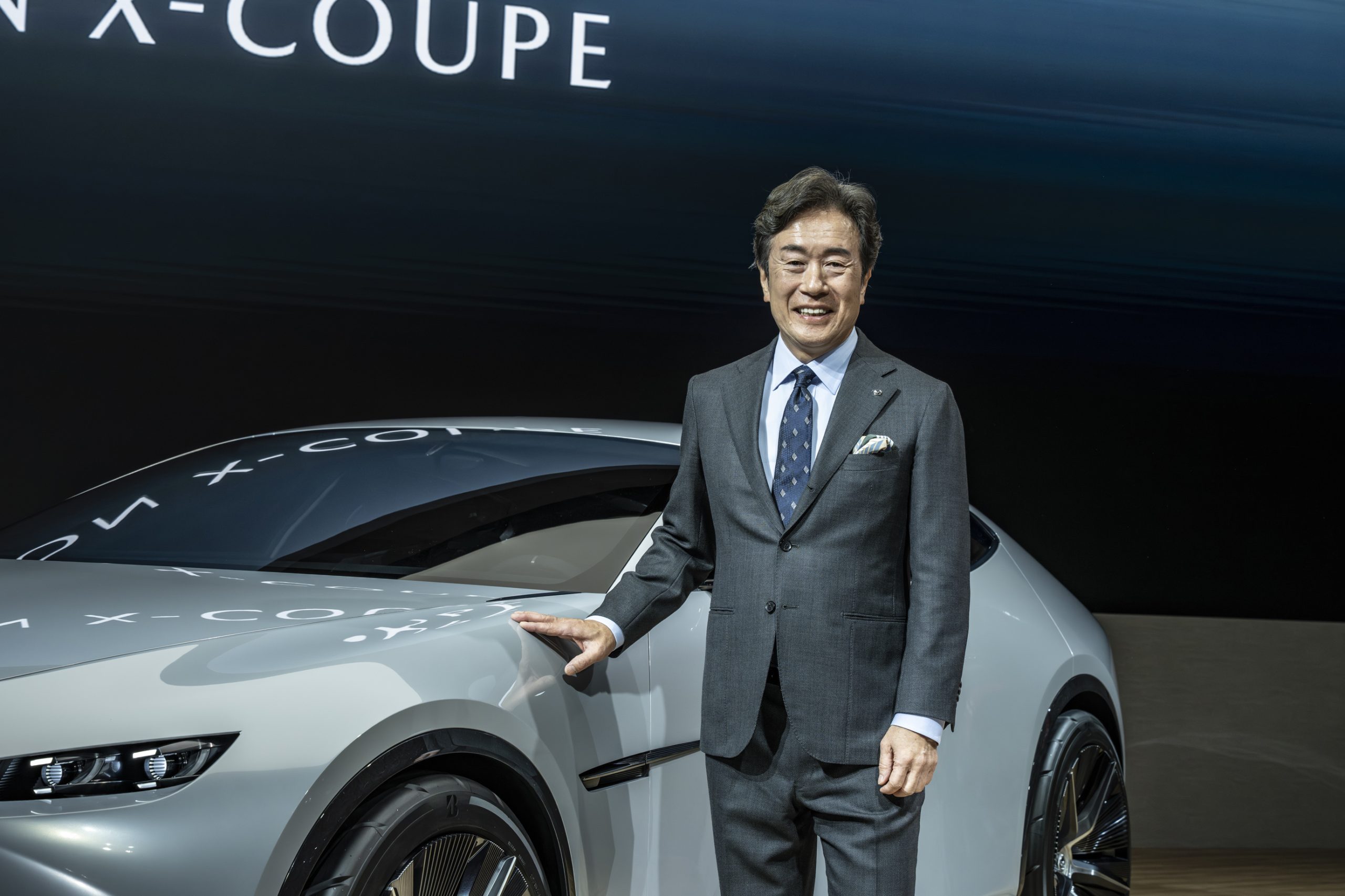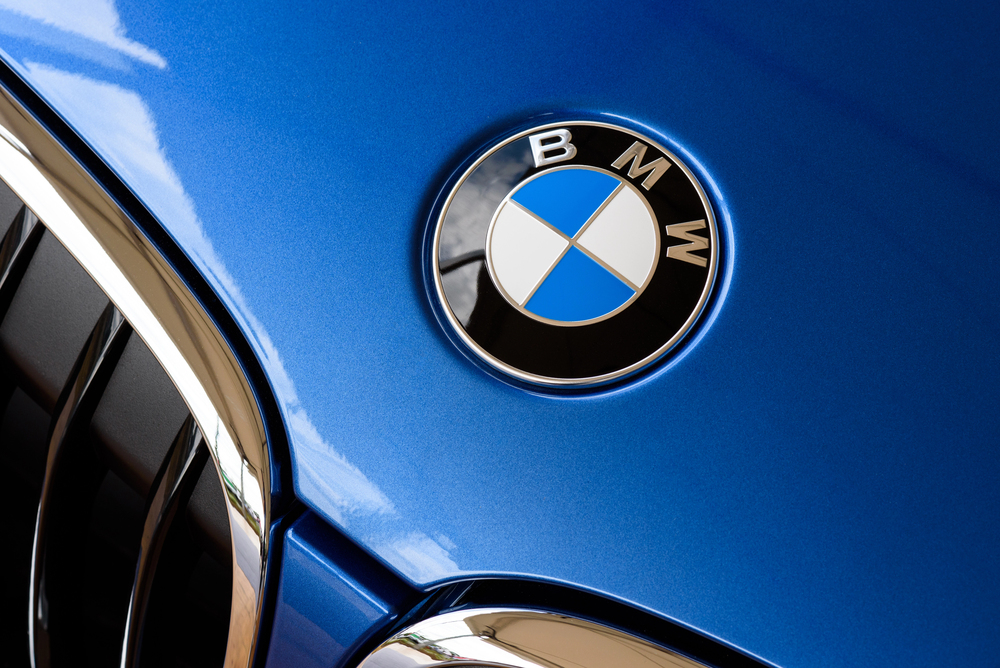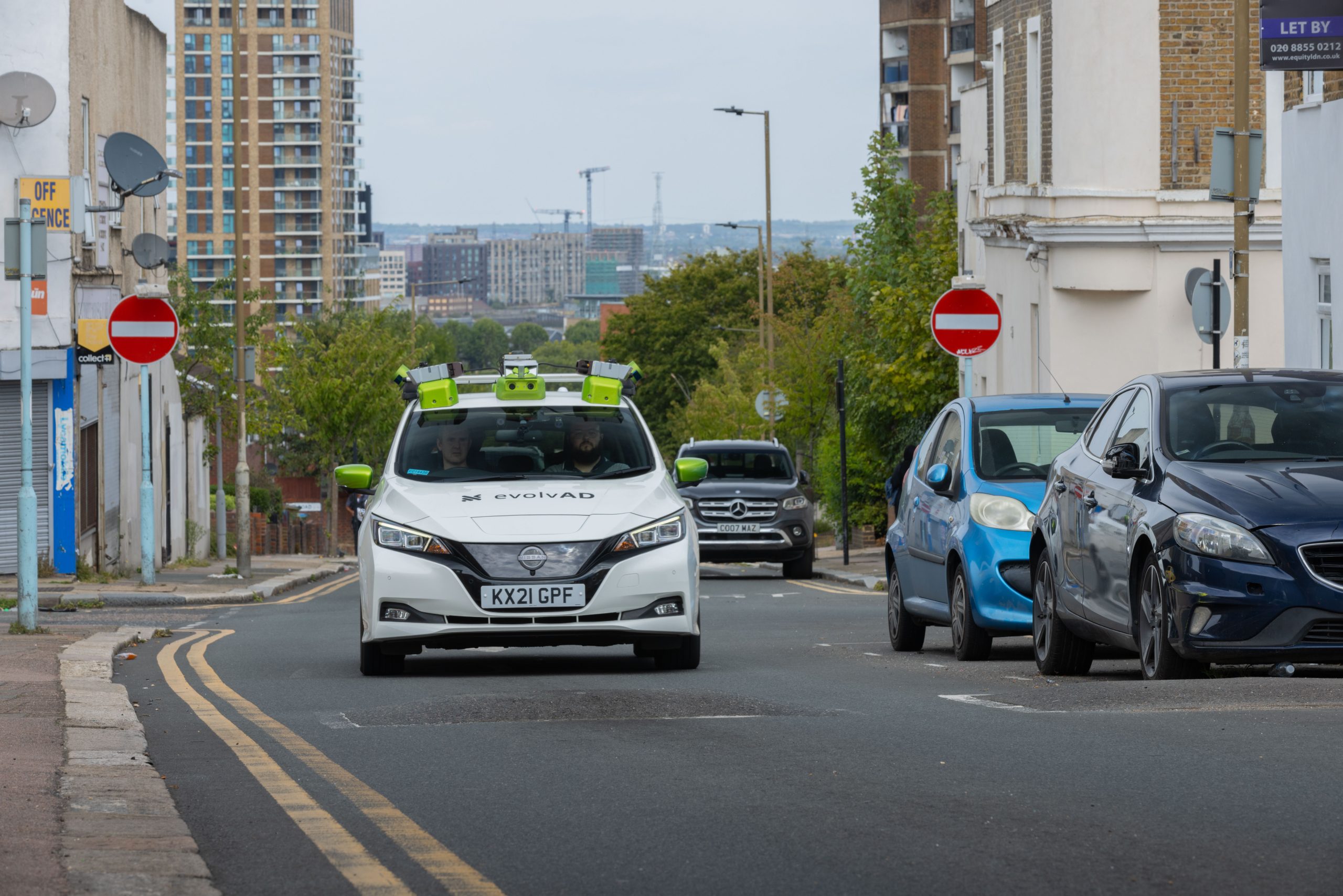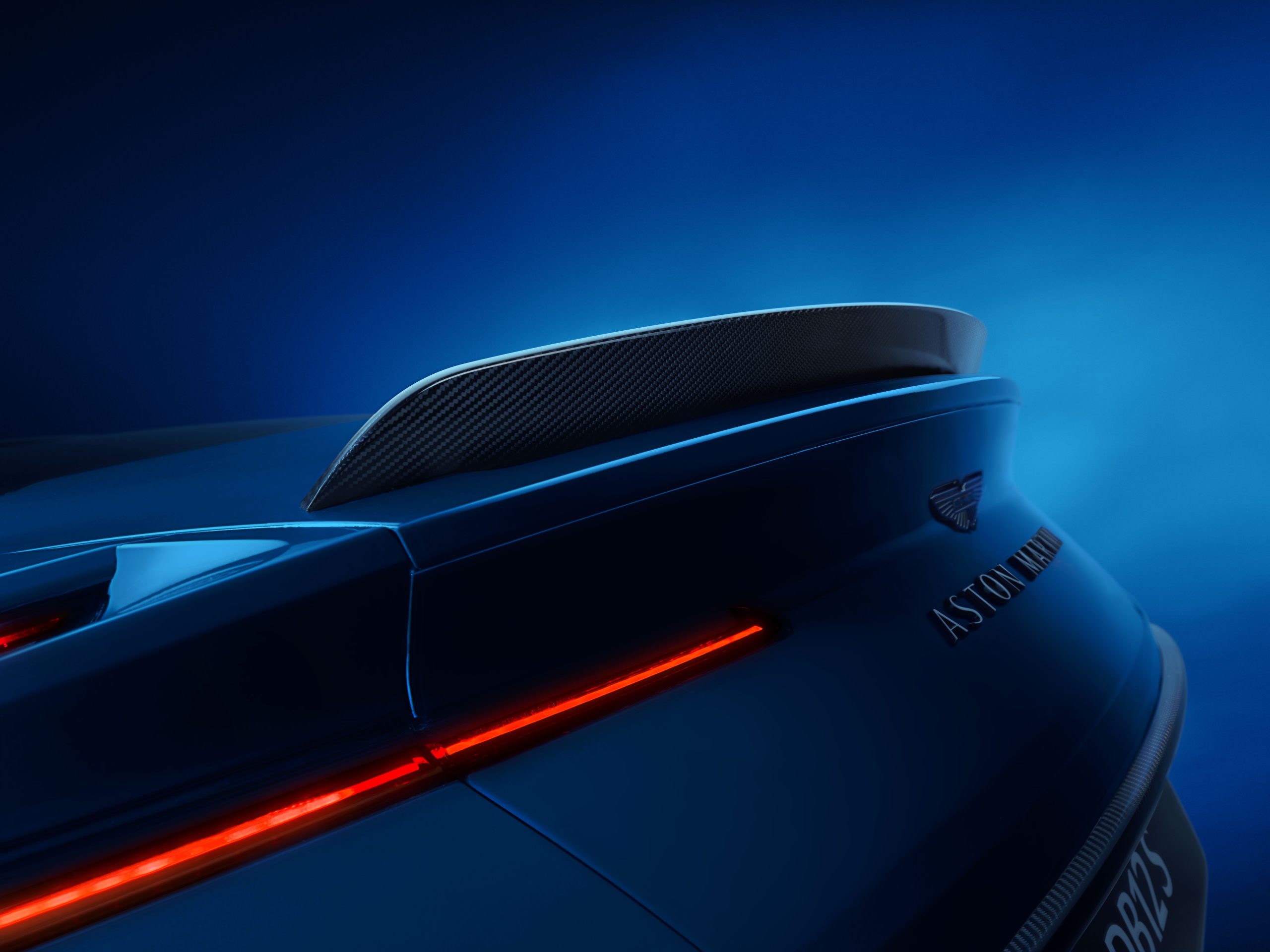Elon Musk’s Reversal on EV Tax Credits Sparks Controversy Amid Tesla’s Financial Woes
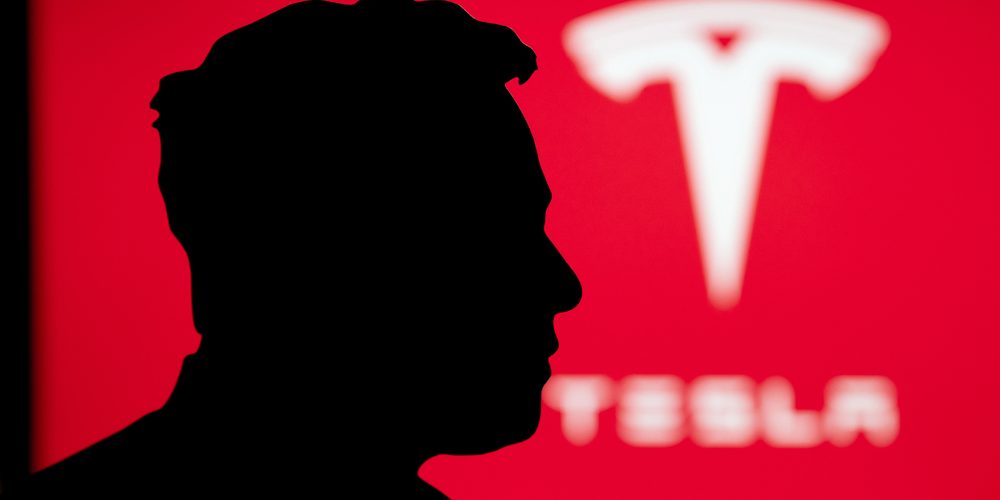
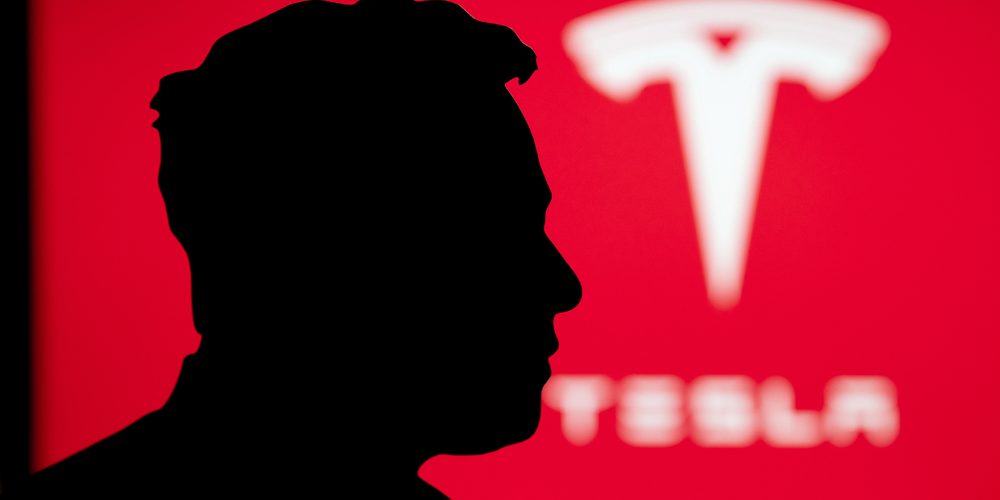
- Tesla CEO Elon Musk, once a vocal opponent of EV tax credits, now advocates for their continuation as the House budget bill proposes to end them.
- The shift in Musk’s stance has caused a major rift between him and President Donald Trump, potentially jeopardizing the administration’s key legislative priority.
- Tesla’s recent financial troubles, including declining sales and profits, may be the driving force behind Musk’s change of heart on EV tax credits.
In a surprising turn of events, Tesla CEO Elon Musk, who once advocated for ending the $7,500 tax credit for electric vehicle buyers, is now arguing for the continuation of these subsidies as the Senate debates its version of the House budget and tax bill, known as the “big, beautiful bill.”
Last year, Musk took to his social media platform X, stating, “Take away the subsidies. It will only help Tesla. Also remove the subsidies from all industries!” However, with the House bill proposing to end the EV tax credit, Musk and Tesla have changed their tune. Tesla’s solar power unit recently posted on X, warning that “Abruptly ending the energy tax credits would threaten America’s energy independence and the reliability of our grid.”
This sudden shift in Musk’s stance has led to speculation that Tesla’s recent financial troubles may be the driving force behind the turnabout. While many experts initially believed that removing the EV tax credit would hurt legacy automakers more than Tesla, the company’s sales have taken a nosedive this year, making the credits crucial for maintaining buyer demand.
The battle over EV tax credits and Musk’s broader opposition to the Republicans’ budget and taxation bill has caused a significant rift between President Donald Trump and Musk, who was a member of the administration’s inner circle as recently as last week. Trump expressed his disappointment, stating, “Elon and I had a great relationship, I don’t know if we will anymore. I am very disappointed. Elon knew the inner workings of this bill… all of a sudden he had a problem and he only developed the problem after he found out we had to cut the EV mandate.”
Despite Trump’s reference to an EV mandate, no federal rule has ever required Americans to buy EVs instead of gasoline-powered cars. However, the Biden administration did pass the $7,500 EV tax credit to stimulate demand for electric vehicles.
Musk denied that the removal of the EV tax credit was the reason for his opposition to the bill, posting on X, “Keep the EV/solar incentive cuts in the bill, even though no oil & gas subsidies are touched (very unfair!!), but ditch the MOUNTAIN of DISGUSTING PORK in the bill.” Following this exchange, Tesla shares (TSLA) fell 14%.
Analysts who once believed that removing the EV tax credit would help Tesla are now concerned about the potential loss. JPMorgan estimated that the absence of the EV tax credit could cost Tesla about $1.2 billion annually. CFRA Research analyst Garrett Nelson, who previously thought ending the credit would widen Tesla’s competitive moat, now sees the “Big Beautiful Bill” as a net negative for the company.
Dan Ives, a tech analyst for Wedbush Securities, noted that while the change in finances at Tesla makes the tax credits more important than in the past, the reality is that it will still hurt the company, albeit less than other EV makers. “Tesla needs all of the demand help it can get,” Ives added.
The greatest challenge for Tesla, according to Bank of America auto analyst John Murphy, is that demand for EVs among American buyers appears to have stalled. Murphy believes that 8% market share might be the high water mark for EVs in the US market, and coupled with the lack of new Tesla models, especially a lower-priced version that had been promised, Musk may face difficulties in growing the company’s volume.
As the debate over EV tax credits continues, the outcome could have significant implications for both the Trump administration’s legislative agenda and Tesla’s financial future.



